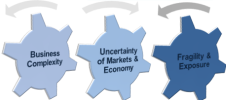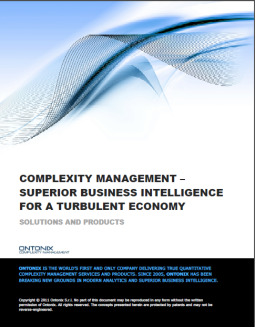Seth Godin:: Two questions behind every disagreement
Monday, 22 October, 2012 Leave a comment
There is no getting away from the fact that communication and consistency are critical but so is understanding. If all parties have the same goals [a common purpose] but the language is different, the means of communication unreliable or poorly structured*, the scope for progress is, seriously, hampered because the information-flow between individuals – interdependent components or processes – is impaired and vital signals can become confused or lost.
If the goals diverge, for whatever reason, the purpose may remain similar but the interdependence that is fundamental to a resilient enterprise, strategy or system is lost. This is how organisational silos can occur:
inter-connectedness is a less resilient state than interdependence.
*hierarchical structures were NOT created to manage information in the Digital Age but to manage people and process in a past era.
Are we on the same team? and
What’s the right path forward?
Most of time, all we talk about is the path, without having the far more important but much more difficult conversation about agendas, goals and tone.
Is this a matter of respect? Power? Do you come out ahead if I fail? Has someone undercut you? Do we both want the same thing to happen here?













